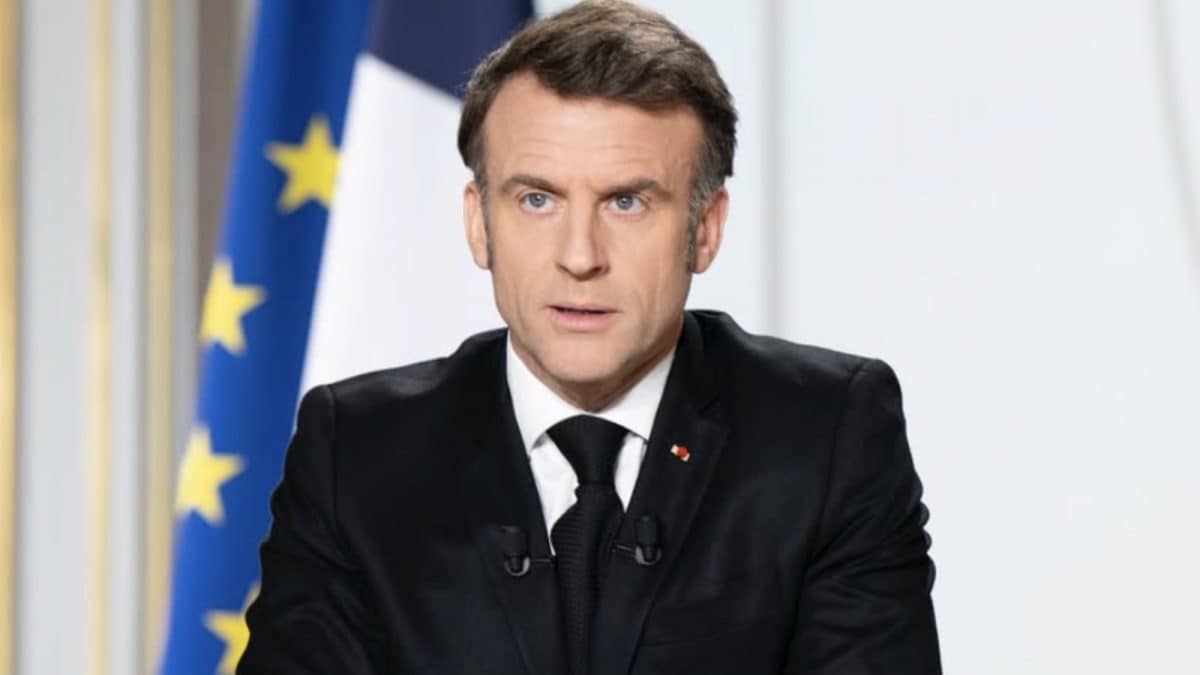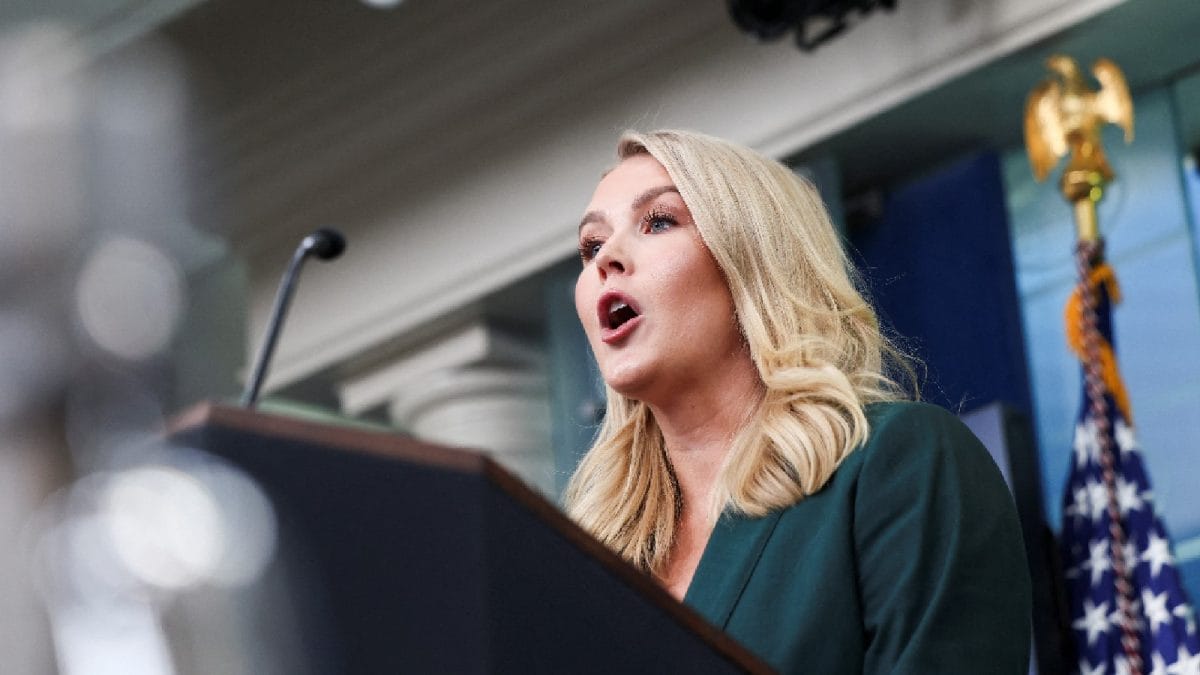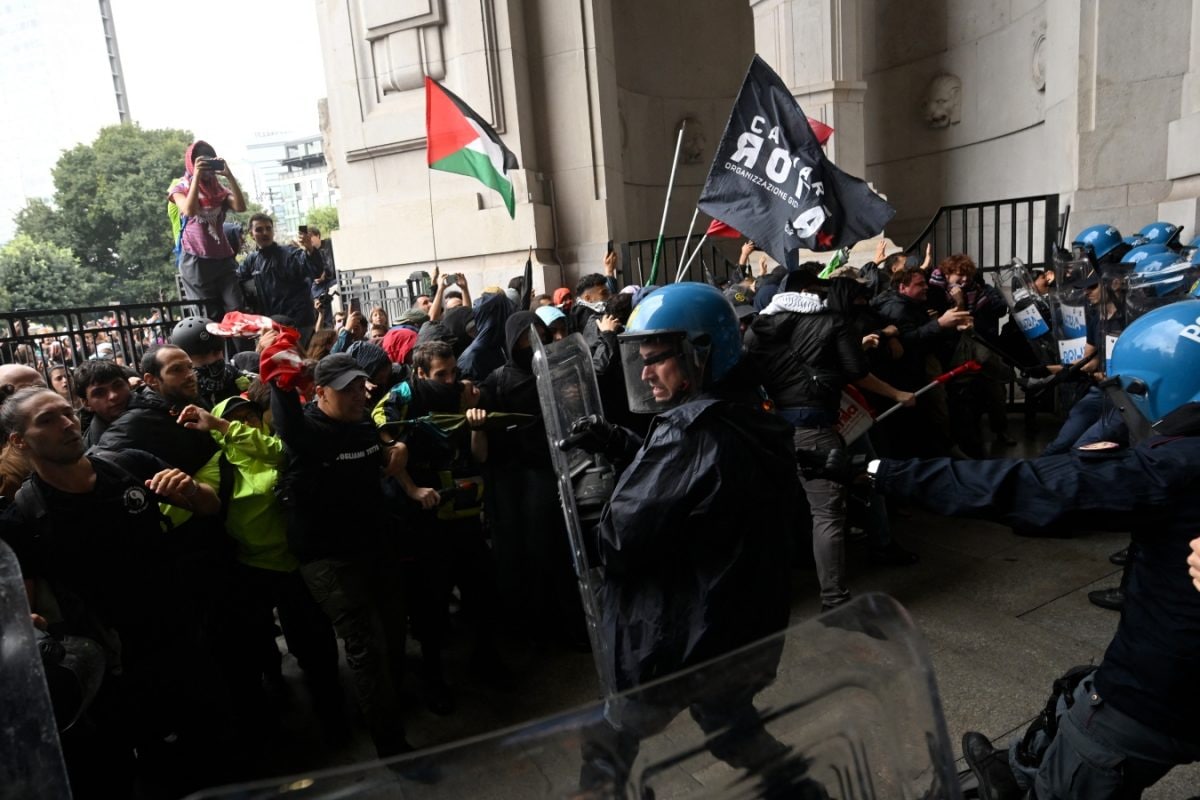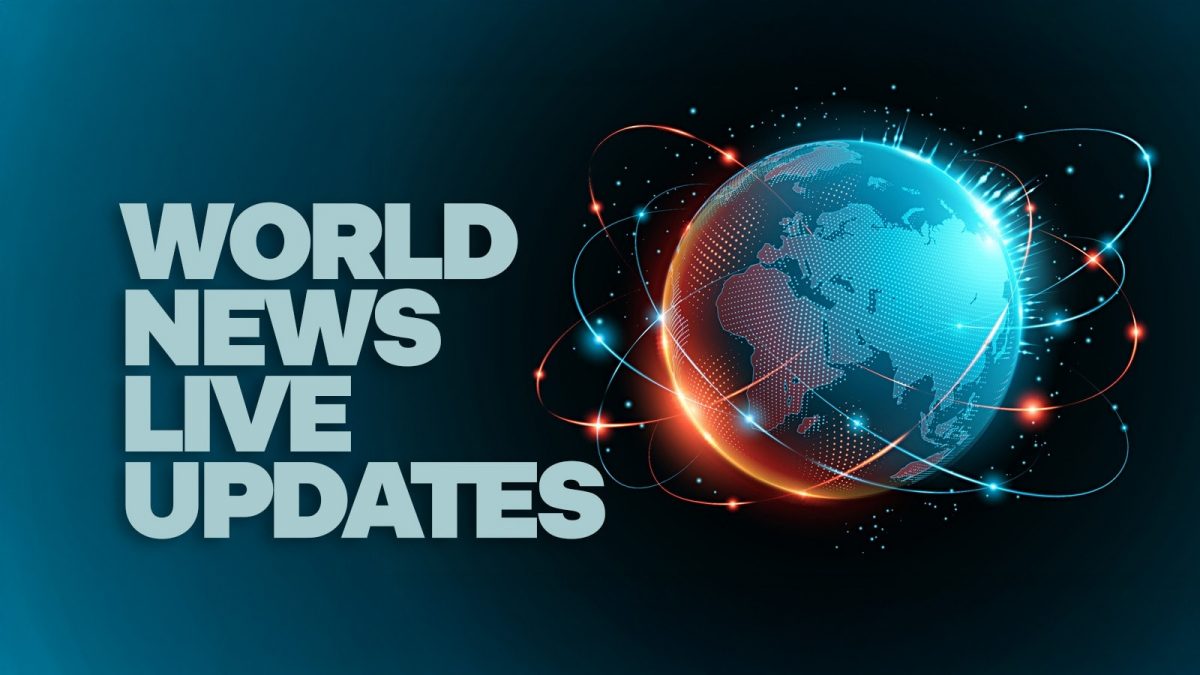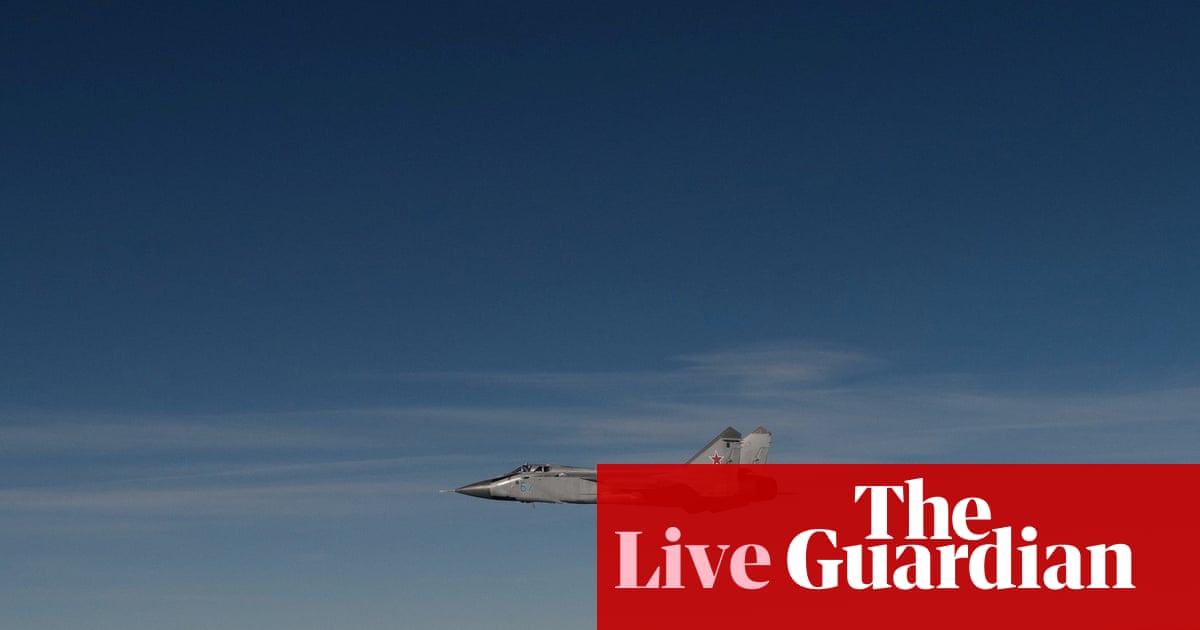A wave of international recognitions of a Palestinian state has prompted bitter and almost unanimous condemnation across the political spectrum in Israel, uniting political foes and, analysts said, potentially reinforcing the ruling coalition’s grip on power.
The UK, Portugal, Australia and Canada formally recognised a state of Palestine on Sunday while France was expected to follow suit on Monday.
Benjamin Netanyahu, Israeli’s prime minister, called the moves an “absurdity” on Sunday night, and a “reward for terrorism”, while Israel’s president said the “forces of darkness” would be emboldened.
Opposition leaders have used similar language. Yair Lapid, who heads the centrist Yesh Atid party, described “a diplomatic disaster, a bad move and a reward for terror”.
But there was little prospect of Israel’s government changing course as a result of the recognitions, experts said.
“This will not have one millimetre of influence on policymaking,” said Yaakov Amidror, a former national security adviser to Netanyahu and analyst at the Jerusalem Institute for Strategic Studies, a conservative thinktank.
Netanyahu leads the most far-right government in Israel’s history and his coalition is in part dependent on the continuing support of extremist religious Zionist factions, which have a messianic vision of Israel’s destiny, and ultra-Orthodox religious parties.
Neither are likely to be influenced by international outrage at the conduct of the war in Gaza, where an Israeli offensive has killed more than 65,000 and devastated the territory, or the continued expansion of settlements in the occupied West Bank.
Nor are supporters of the more mainstream, rightwing Likud, which Netanyahu leads.
Gideon Rahat, a professor of political science at the Hebrew University of Jerusalem, said that in the short term at least Netanyahu and his allies would be strengthened by the “diplomatic tsunami”, as it has been called by local media, that Israel was facing.
“There are many people in Israel who are worried about international isolation, but most are not Netanyahu supporters and especially not his base,” said Rahat.
This may change, however, as isolation deepens, and could become a factor with politically significant centrist voters at elections, which have to be held before November next year.
Dr Shira Efron, distinguished Israel policy chair and senior fellow at the Rand Corporation, said that recognition was viewed in Israel as a “zero-sum game”.
“The view is that if you are for the self-determination of the Palestinians, you are necessarily against Israel,” she said. “The fear is that if it can happen in the UK or in France, then it can happen anywhere.”
Efron said a two-state solution was now “a toxic brand for Israelis”, though polling showed high levels of support for some kind of “partition”, suggesting the politics of the current government did not represent what most Israelis want.
On Jaffa Street in the centre of Jerusalem on Monday, it was business as usual for clients of the many cafes, ice-cream parlours and fashion outlets.
Yosef, who moved to Israel from France 10 years ago and was unwilling to give his full name, said President Macron’s decision to recognise Palestine was taken for political reasons, primarily to win support among France’s large Muslim minority, a claim made repeatedly by Israeli politicians in recent weeks.
“He is acting out of his own political interests, and you can’t really criticise him for that,” the 30-year-old media worker said.
Last month Netanyahu claimed that antisemitism had “surged” in France after the country’s decision to recognise a Palestinian state in September.
After the British recognition of a Palestinian state, Naftali Bennett, a former prime minister and leading challenger to Netanyahu, said that “radicalised minorities” meant “Palestine today means the United Kingdom tomorrow”.
“We tried a Palestinian state before and it became … a full-blown terror state … From their terrorist state in Gaza, they launched a horrible massacre,” he said, referring to the surprise attack launched by Hamas in Israel in October 2023 in which militants killed about 1,200 people, mostly civilians, and abducted another 250.
Israel has pledged to retaliate against countries recognising Palestine, particularly France. Options including expelling diplomats and closing consulates in East Jerusalem.
“The sentiment among Israelis that we should show those countries that took this stupid decision that the consequences will be very different from those they had in their minds,” said Amidror.
There are also fears that Netanyahu will press ahead with wholesale annexation of the West Bank, though most observers believe this unlikely, in part because Arab powers such as the United Arab Emirates have said it would cross a “red line”.
Officials in Israel have signalled that Netanyahu will make a decision on how to respond after travelling to Washington for meetings with President Trump and US senior officials at the end of the month.
However, on Sunday, Netanyahu signalled the acceleration of the expansion of settlements in the occupied West Bank, considered illegal under international law.
Some commentators counselled caution.
“From Israel’s perspective, this is a difficult dilemma: no one wants to make a move that would increase Israel’s isolation but, on the other hand, it is clear that Israel must not allow itself to be walked all over. That would invite more pressure and convince more countries to join the wave of recognition, even if not immediately,” wrote Itamar Eichner, from the newspaper Yedioth Ahronoth.

 6 hours ago
6 hours ago



